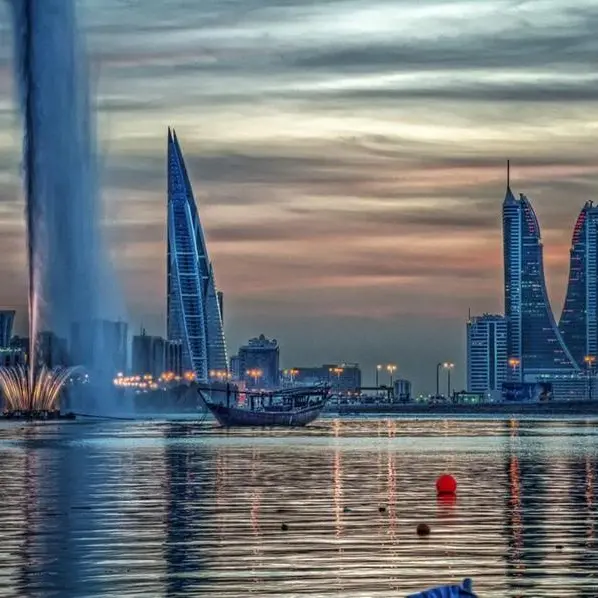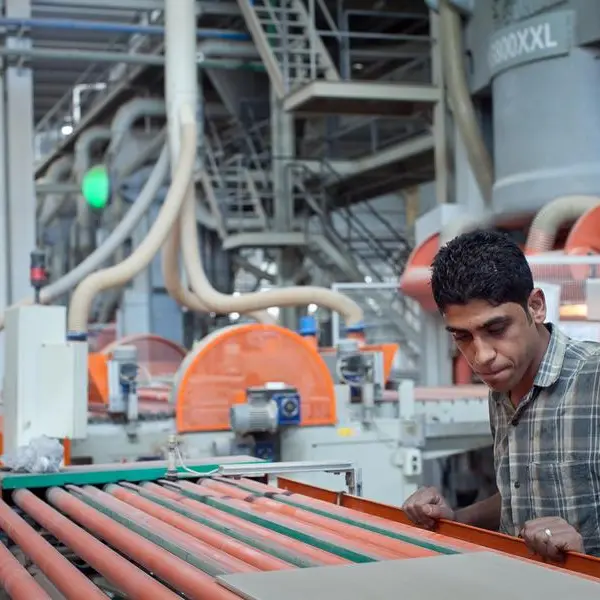Dubai's projected industry growth rate of 57.4 per cent over the next 10 years to 2027 is expected to outpace most other global hub cities, analysts at Knight Frank said in a report.
While over the past 10 years to 2017. Dubai's industrial sector recorded only a growth of 10.7 per cent compared to the Hong Kong (42 per cent), Singapore (59.6 per cent) and Shanghai (85.8 per cent), in the next 10 years, Dubai is set to record one of the fastest growths among the hub cities on the back of heavy infrastructure investments.
"To support the sector's growth Dubai has invested heavily in transport and infrastructure improvements over these years, which as a result is now ranked the third best in the world," Knight Frank's Hub report said.
"The development of Dubai's industrial sector is seen as strategically important goal for the sustained long-term success of the economy as part of the UAE's economic diversification plan [UAE Vision 2021] and Dubai's Industrial Strategy 2030," the report said.
Over the past decade, the domestic financial and business services sector grew 55.6 per cent with only Shanghai (114.3 per cent) outperforming Dubai.
"Over this period, Dubai has seen itself becoming a recognised global financial centre with the Dubai International Financial Centre recently being ranked among top 10 global financial centres. These achievements are underpinned by a zero-tax environment/ low rate of tax for financial and oil companies," said Taimur Khan, senior analyst at Knight Frank.
Currently, it takes just eight days to start a business, which is marginally longer than the United States (six days) and the UK (five days), although it is four times more than Hong Kong's figure.
The UAE also has a well-regarded ease of doing business ranking, which has moved up from 26th to 21st out of 190 countries over the last year. "Continuing developments in improving business legislations and a maturing market means that this score is likely to continue to improve," said the report.
In the hospitality sector, the total number of hotel room keys per person is significantly higher at 29.9 per 1,000 people in Dubai, compared to the selected hub cities. Although this is not a surprise given the disparity in populations between Dubai and these cities, it does however highlight the number of keys, which have been delivered over the last two years. "The surge in the number of keys delivered has primarily been driven by increasing demand, from both new and existing source markets," said the report.
Dubai International Airport, the world's largest airport by international traffic, recorded 83.7 million passengers in 2017, up 26 per cent from 2014. In the residential sector, Dubai's market has experienced a slowdown since 2015 with prime prices falling by 3.8 per cent in the year to third quarter 2017.
"We are seeing prices beginning to moderate is some prime areas, however, across submarkets where significant levels of supply are forecast to be delivered we are likely to see an increasingly fragmented market develop in terms of price performance. Despite this Dubai has remained attractive to investors and occupiers alike, in the 18 months to June 2017, 217 nationalities purchased real estate in Dubai," said the report.
"Overall, Dubai's status as a global hub will only continue to strengthen given its extensive connectivity, strong economic prospects, low tax system and safe haven status all underpinned by world class amenities and infrastructure," said the report.
Copyright © 2018 Khaleej Times. All Rights Reserved. Provided by SyndiGate Media Inc. (Syndigate.info).




















